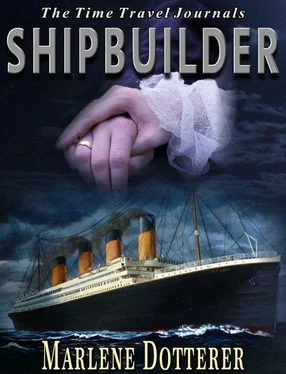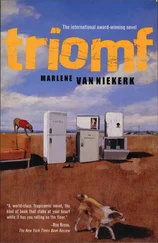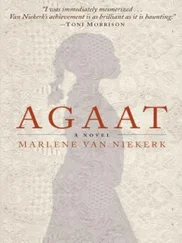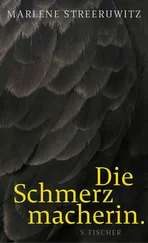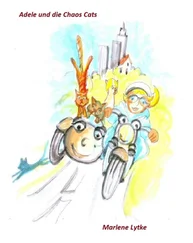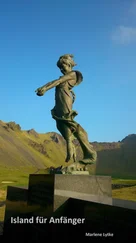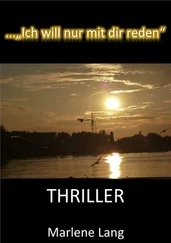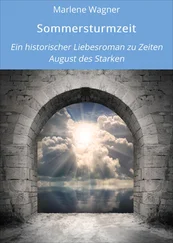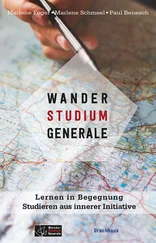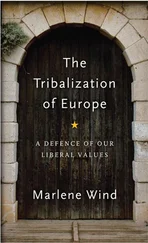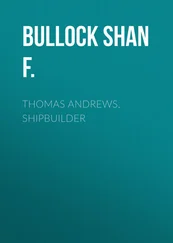“Wow,” she whispered as it closed behind them. “I’ve never seen this much darkness in my whole life.”
Sam pulled out his penlight and turned it on. They were indeed in a storeroom, one filled with wine barrels, small furniture, and assorted boxes. He kept the light going long enough for them to settle into separate corners, then closed it and plunged them back into darkness. “It’s still pretty cold in here,” he said. “But better than out there.”
She tskd as she shifted around. “It’ll be bearable.”
“So you’ve done this before, Casey?”
“Yeah. Freshman year. Got caught out too late and missed curfew. I was with a couple of other kids who knew about this place.”
He smiled at her confession, remembering his own college years at Queen’s. “So you attend Queen’s? You sound American.”
“I do in 2006. I don’t think I’m enrolled at the moment.”
He ignored the sarcasm. “You major in horticulture? What year are you?”
She didn’t answer right away and he wondered if he was asking too many questions. She had no reason to trust him.
“I’m a junior,” she said at last. “And yes, I’m American. From Berkeley, California.”
“Berkeley? Why didn’t you go to Cal?”
“Because I grew up there. And I’ve wanted to live in Ireland all my life. I like it here. Your turn. Are you from Belfast?”
“Aye, since I was twelve. I went to Queen’s, too, although, as it happens, I did my postgrad at Stanford.”
“Oh, dear. Go Bears.” Her tone was light as she invoked the rivalry between Cal and Stanford. He laughed. “So where do you work?” she continued. “Who pays you to do irresponsible time experiments?”
No one, since they pulled the plug, but he didn’t want to get into that. “A private consortium. Funding comes from several sources and I don’t really know what they all are. We’re just a crowd of scientists, playing around with our pet projects.”
“Sounds like something out of DC Comics,” she said. “You know, some private group of super-rich dudes supporting mad scientists in order to exploit their work, most likely not for the good of humanity.”
He tapped the wall behind him with his head. “That has occurred to me at times. But I never saw a problem, and it was nice to have research funds.”
“It always is, isn’t it?” He heard her shifting around again. “For the record, Dr. Altair, I don’t believe a word you’ve said. We’ll get a better look around in the morning and maybe you’ll have a new explanation then.”
He nodded, even though she couldn’t see him. “Sounds fair. Hope you get some sleep.”
“Yeah. You too.”
But neither one of them did.
January 25, 1906
“I don’t believe this.” Casey stood on the street corner the next morning, staring in shock at the scene around her. The university she knew was gone. A few of the old buildings were still there, but the trees that grew in front of the Lanyon Building were missing. As she had noticed last night, there were no student apartments, no traffic lights, no stop signs. The streets were asphalt, but looked odd. After a moment, she figured out that the painted lines were missing, so there was nothing to indicate lanes. The curbs were bare of the long lines of cars usually parked along both sides of the street.
People were walking by, everyone dressed in dark clothes, the women in long skirts and big hats. Horses and carriages dashed through the streets, the horses leaving droppings everywhere, which the people ignored, except to step around them. The occasional car clattered by, but they were unlike any car Casey had ever seen outside of a classic car show. The stink of horse manure and burning coal marred every breath, forcing her to hold a hand over her nose as often as possible. It was familiar enough to be Belfast, the land was the same, the streets were similar, and off in the distance the cranes in the shipyard hulked against a gray sky. But it was a vastly changed Belfast.
She closed her eyes, and the city she knew sprang into her mind. She heard her friend, Jase, offering to let her sleep in the empty bed in his dorm room. “I’ve kept ye here ‘till bloody midnight, gettin’ me ready for the test tomorrow,” he was saying. “Ye know it’s not safe to walk home alone.”
She did know it. Her mother would kill her, if she found out. But she’d stayed in boys’ rooms before, and couldn’t face the mess. Besides, the bed was only empty because Jase’s roommate was with his girlfriend. Which meant used sheets on the bed. So she walked home through the garden, after promising to stay alert, and to call Jase as soon as she got home.
Shit, she thought, opening her eyes to the unreal vision of dust and horses and long skirts around her. Jase, her housemates, her best friend, Colleen, her parents. What had she done to them?
Trying to banish the guilty thoughts, she turned to the physicist, standing next to her on the corner. He was pale, staring at the scene. She cleared her throat. “Is… is this really 1906?” she asked. “Are you sure?”
He hunched his shoulders. “It looks like it could be. That’s the year I programmed.”
She took a couple of deep breaths, feeling sick. “What do we do, Dr. Altair? If this is 1906, what are we supposed to do ?”
He sighed as he looked at her. “D’you have any idea how out of place we are? How conspicuous? The style of our clothes, the material they’re made of? Our money, our IDs, our gadgets, everything we have with us is an anachronism. I don’t know what we do.”
Casey studied him, trying to concentrate on one problem at a time. His clothes were casual: blue jeans, hiking shoes, a North Down Cricket sweatshirt with a hood, and a warm rain jacket over it that he should probably zip up, as the sweatshirt commemorated the winning back of the senior cup in 1981. He reminded her of any number of professors, older and genial, grey hair, dark glasses. Behind the glasses, his eyes were large and brown, the brows bushy. He was around six feet tall and thin, with a slight paunch. She guessed he was about sixty.
On impulse, she grabbed her cell phone and flipped it open. No service. The battery was charged, but that wouldn’t last long. She brought up a picture of Colleen, the one taken in their room as Colleen hugged her teddy bear pillow. The next picture was of her parents, taken during the Christmas holiday, over coffee in the kitchen at home. Tears stung her eyes.
“We’ll never get home, will we?” She struggled to breathe. “I’ll never see my parents again, will I? I was supposed to call my mom today after my test. What are they going to think, Dr. Altair? Have we just disappeared? Will they think we’ve been kidnapped and murdered, with our bodies buried somewhere and they never find them?” She blinked tears away. Her glance went back to the phone, then around her at the buildings and horses. People gave them odd looks, but didn’t stop. Turning to hide her movement, she closed the phone and put it away. Suddenly, it was very precious.
Altair’s expression was sad and guilty. He turned and walked back to the shelter of the church. Casey followed, and they leaned against the wall. “There is someone who might be able to help us,” he said with some hesitation. “A physicist who lived in Belfast at this time. I’ve used some of his work as the basis for my experiment.”
“Occupational hazard,” Casey murmured.
“What?”
“Occupational hazard,” she repeated, glancing up at him. “I guess if you’re a physicist trying to figure out how time works, you have to be prepared for wayward time travelers to show up on your doorstep.”
Читать дальше
